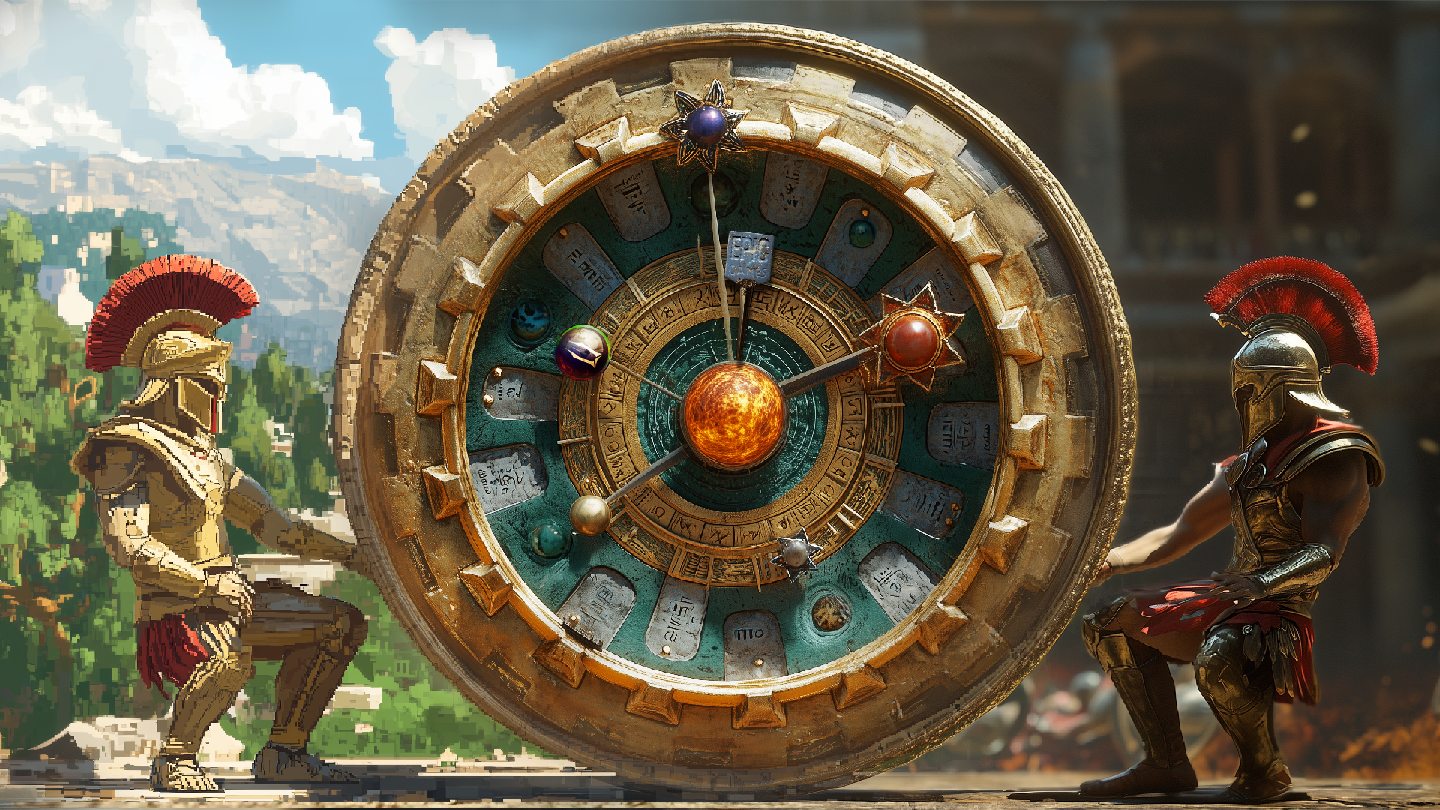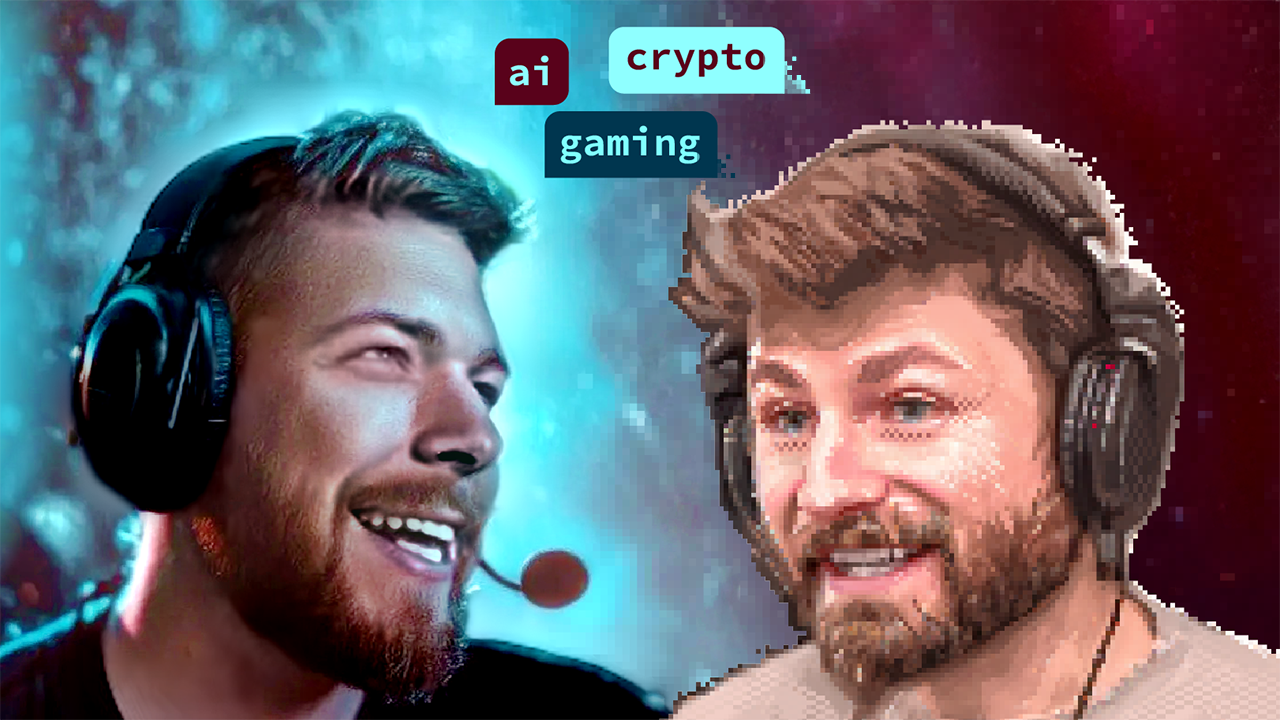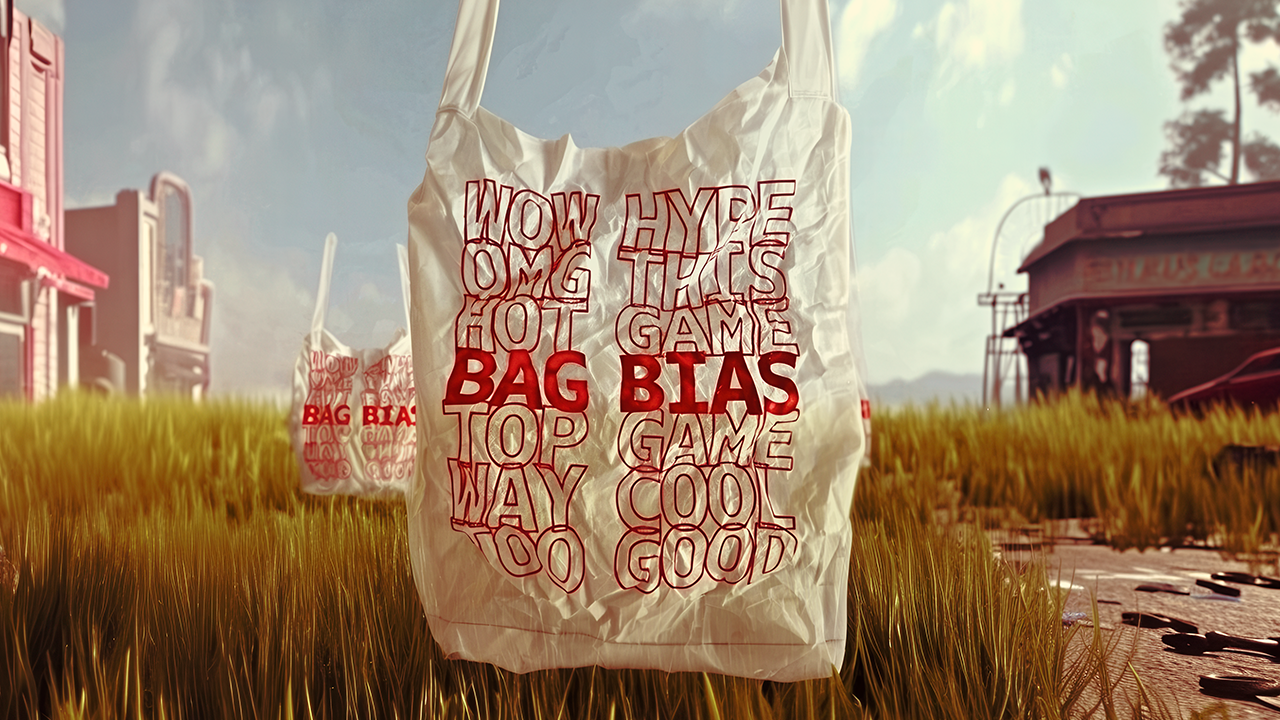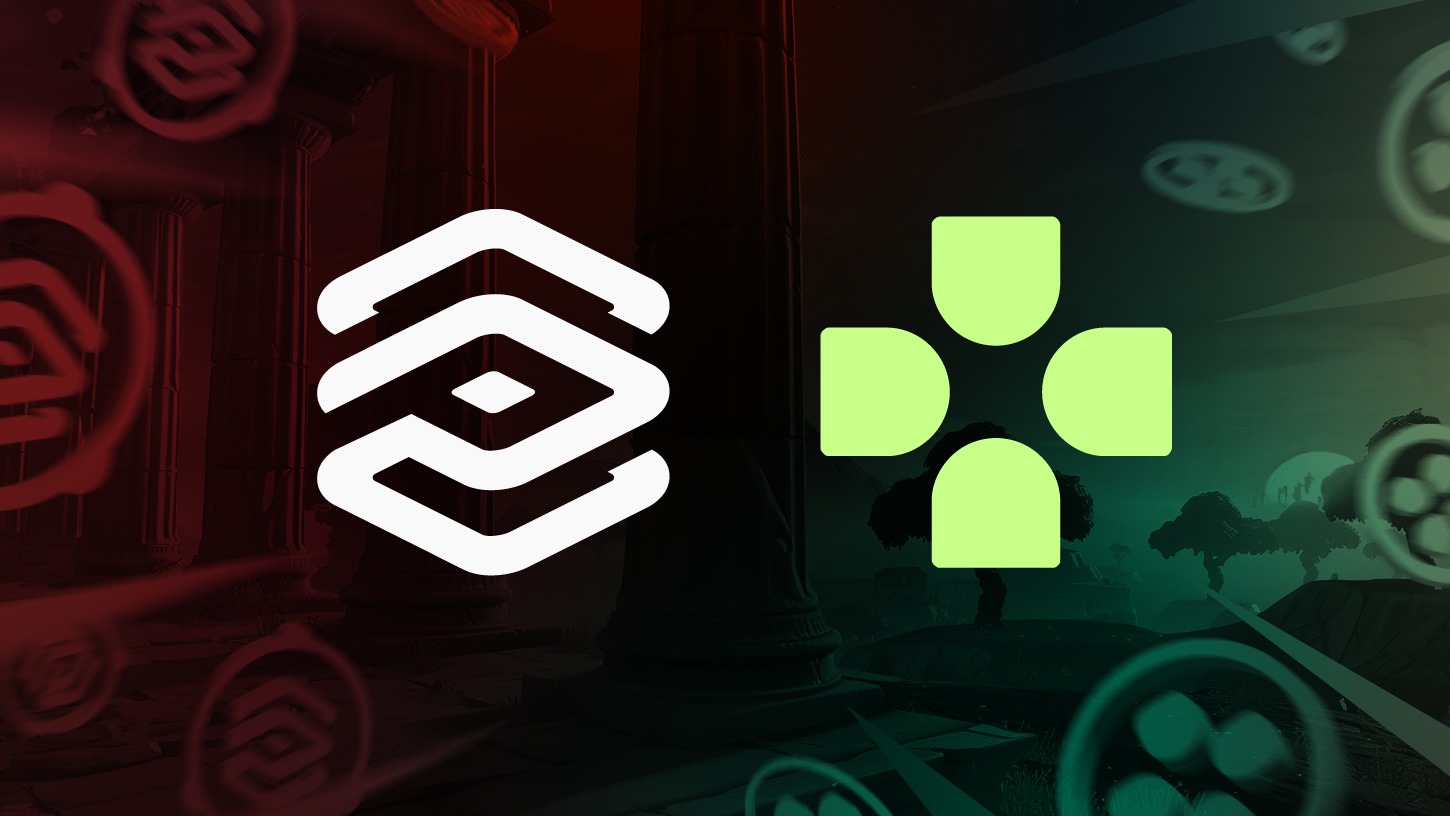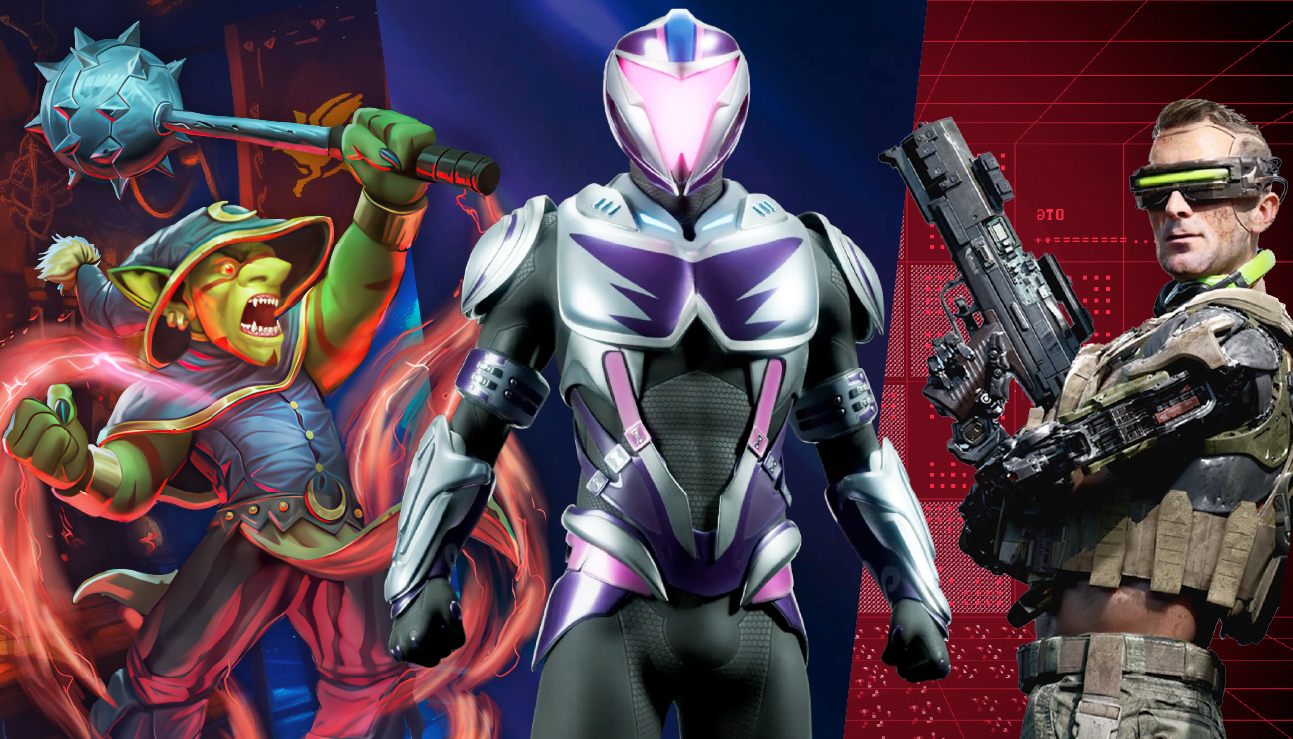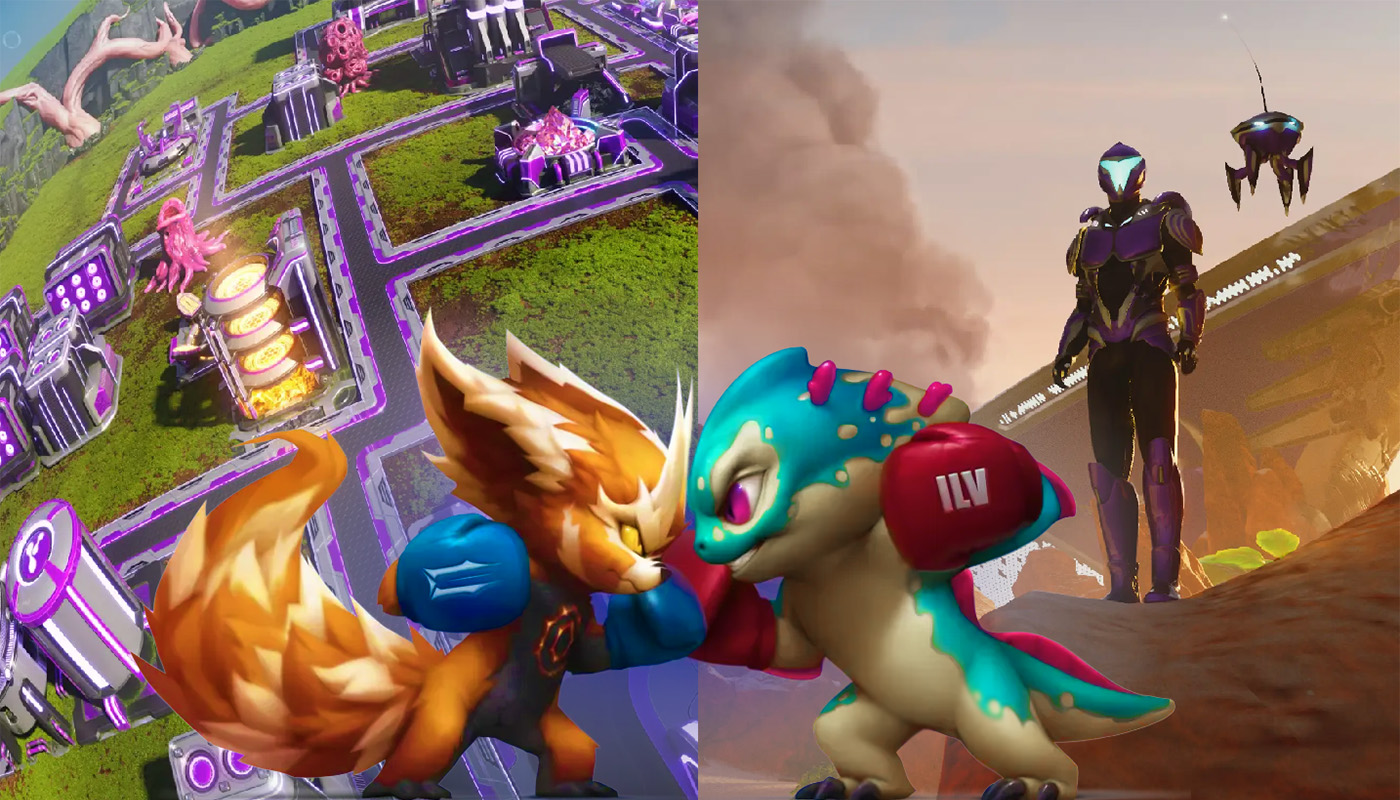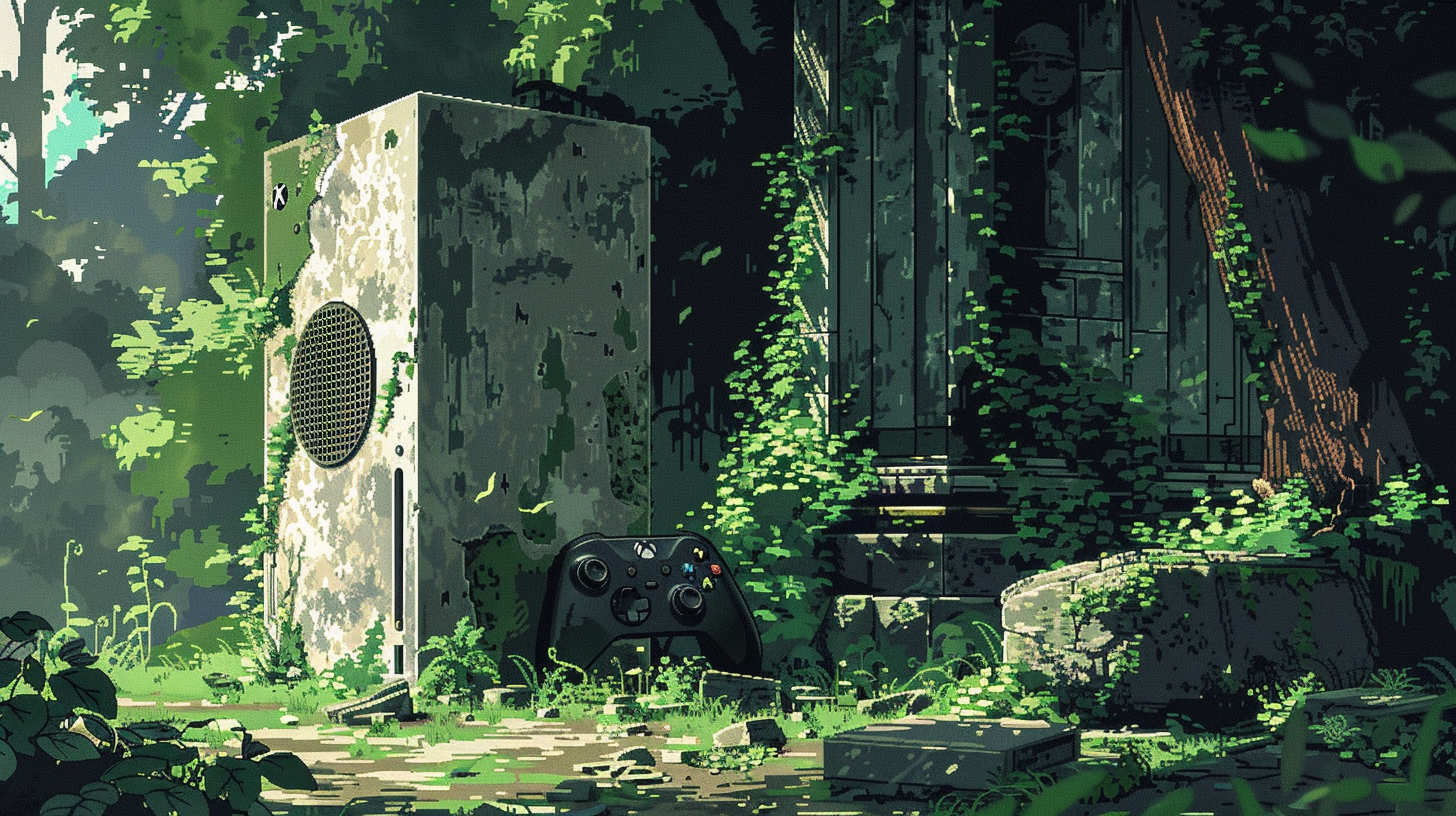One problem with the wonderful world of cutting edge gaming technology is that it abounds with scammers … where there is opportunity, there will always be opportunists. Hal Crawford canvassed game experts on how to spot scam games.
The blockchain gaming world, like all of crypto, is rife with scams. There are seven signs of a scam game.
Have you seen those drawings of impossible stairs that only ever go up? Well, some games are like that. The developers promise money to gamers for just playing the game, but there’s no sustainable revenue stream to keep the whole thing running. These games are like perpetual motion machines. They are scams.
First of all, let’s consider free to play games that promise returns. So in these games, it costs nothing to play, but you get paid. There’s something very wrong with that picture. Who’s gonna pay the developer? What human is deriving benefit from the work that the gamers are doing? The whole idea of free-to-play, play-to-earn is impossible, and if it was possible, every bot on the planet would be there draining the bank account of anyone dumb enough to finance it.
Even some games that you have to pay to play are not immune from the revenue problem. It’s essential that the gamers are deriving fun from playing rather than speculating. Unless the players are having fun and paying for that fun, you haven’t got a sustainable revenue stream.
Trailer trash
Be on the alert if you don’t see any gameplay video, and I don’t mean a trailer here.
Trailers can be beautiful, but they tell you nothing about a game. The process of making a game and making a trailer are entirely different, even if both use Unreal Engine 5. To make the trailer, all you need is a copy of Unreal Engine 5, a fast PC, some good production people, voice actors, and a couple of months.
To make a great game, on the other hand, takes years. These are big teams. We’re talking over a hundred people for some games, and that costs tens of millions of dollars. That team has to be assembled and working to get gameplay footage. Remember, a beautiful trailer with no gameplay tells you nothing about the game.
Curse of the whitepaper
We’ve all seen whitepapers, right? They’re like trailers, but they’re even cheaper and easier to make. Whitepapers often throw around big words, but what exact elements of play are needed to make the game a success? If there’s no real detail on the core game mechanics, then maybe what you’re looking at is a half-baked attempt to squeeze some money out of you.
Getting past the doorman
One thing blockchain technology is really good at is working out whether you have an invite to the party. NFTs can be used like a wristband to gain access to a game. A lot of games have this. They have NFT-gated access, and they’re legitimate. But if the title you’re considering has blocked access behind expensive NFTs, and there are other warning signs from this list, put your wallet away.
Real people make games
Despite the AI revolution, real games are still made by real people. Go to the website of the game. Legitimate sites are open about who is making a game, who’s building what, and if there is no team section on the site, you have to ask why not.
The going rate for a single Twitter follower at the moment is just under 3 cents, and plenty of games have fake followers. I can get you 5,000 followers now at the click of a button. It’s not a particularly good look, but nor is it a sign that what you’re looking at is a totally scam game. So this is a matter of degree.
Just remember, follower counts on Twitter and Discord mean nothing. Go to the community, check out what’s happening there, and if it’s tumbleweeds, move on.
Mad mad delivery times
Look, by nature, I’m an optimist and so are most game developers. They’d love to think that they’re gonna ship their game this year in the next few months, in the next five minutes, but they’re not. And the smarter ones know they’re not. They don’t make commitments that they can’t keep. The average game takes an average amount of time to make.
For AAA games, that is between three and five years. If the developer says they are going to deliver their game from start to finish within months, they are either deluded or scamming you, and it’s possible some are both.
So the seven signs of a scam game: no revenue stream, no gameplay video, no gameplay mechanics, expensive access to the game itself, a shady team, inflated socials and mad delivery times.
Enjoy our reporting? Sign up for the Pharos newsletter and receive an update every week for free.



